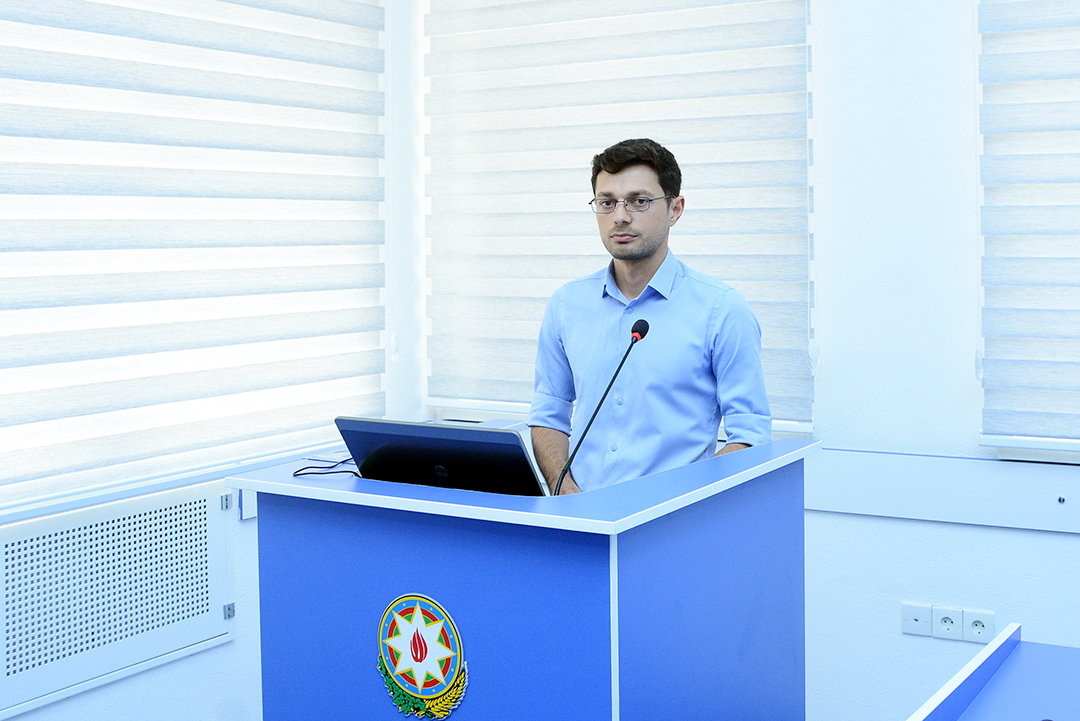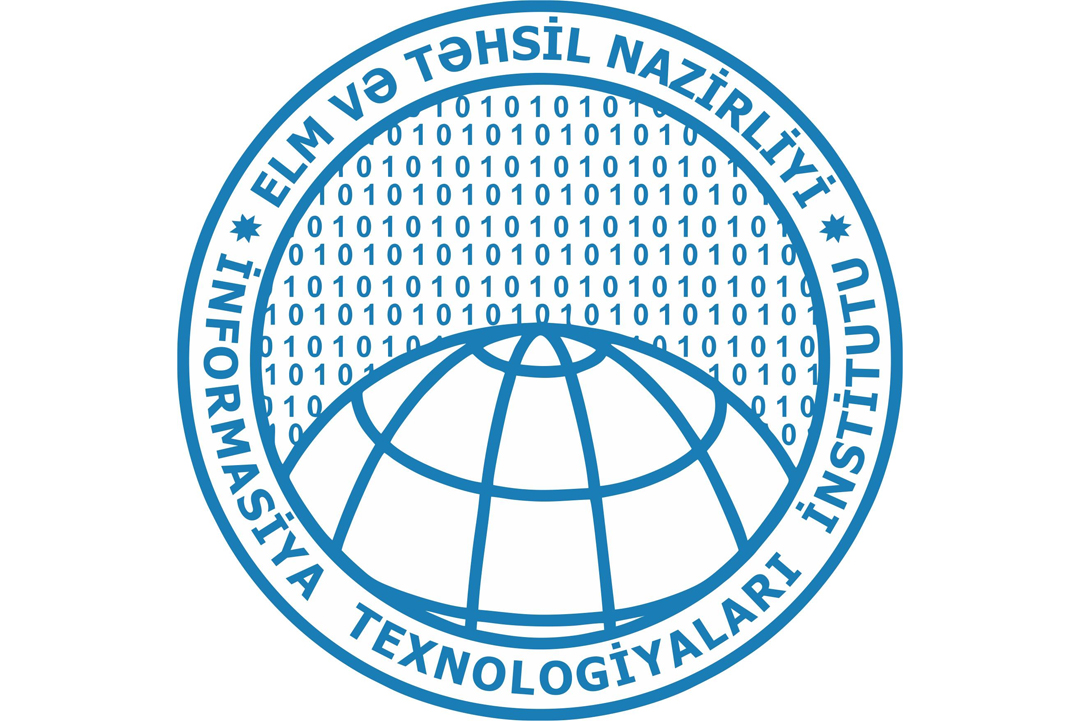NEWS
Results of the research conducted on malware detection were presented

The next scientific seminar of the Institute of Information Technology under the Ministry of Science and Education was held. Academician Rasim Alguliyev, Vice-President of ANAS and Director General of the Institute, announced that the seminar was dedicated to discussing the scientific-theoretical results obtained within the framework of a dissertation on the topic "Development of intelligent analysis methods and algorithms for the detection of malware."
The institute's dissertator, Elshan Baghirov, provided information on the relevance, aims, scientific novelty, the issues addressed, and other aspects of his dissertation. He noted that the necessity for research in this area stems from the exponential increase in the number of malware samples, including new types of malware, and their highly destructive consequences; the strategic importance of security-integrated software engineering for malware prevention and building resilient architectures in increasingly complex digital systems; and the use of evasion techniques by cybercriminals to amplify the volume and diversity of new malware.
The researcher also emphasized that the relevance of the dissertation is conditioned by the potential for applying intelligent analysis methods such as machine learning, deep learning, and Generative Adversarial Networks (GAN) to malware detection, as well as the existence of national goals aimed at improving the provision of information security through technical, cryptographic, software, and other means.
E. Baghirov stated that the aim of his dissertation is the development of intelligent methods and algorithms for the high-precision detection of malware.
He presented the final results obtained in his dissertation. He noted that, within the scope of the work, journal articles and conference materials indexed in the "Scopus" and "Web of Science" scientific databases concerning malware detection were studied, the trend of the conducted research was interpreted over the years, and significant shortcomings were identified. A three-stage general conceptual model was proposed, integrating the issues set forth for establishing a resilient and effective malware detection system. Classification and clustering-based machine learning methods were developed for the detection of malicious programs and program traffic in Windows and Android operating system environments, utilizing various types of features obtained through static and dynamic analysis.
According to the speaker, the work also involved the development of a high-precision detection method based on transfer learning for malware detection by converting the programs into images. A GAN model was developed during the experiment to increase the number of malware samples for training, and machine learning models were subsequently tested on the augmented data. Experiments were conducted using three different datasets to evaluate the explainability of the proposed models for malware detection, and results such as SHAP, LIME, and feature importance were obtained. The PSI method was experimentally evaluated to verify the feature drift when utilizing the data in a real environment.
Following the presentation, an exchange of views took place, and the researcher answered the questions addressed to him.
Subsequently, Academician Rasim Alguliyev spoke, voicing his proposals and recommendations regarding the dissertation. Academician R. Alguliyev stated that the research work is dedicated to current scientific problems and emphasized the scientific and practical significance of the results obtained. The scientist noted the importance of dedicating more extensive research within the work to increasing the quality and resilience of software engineering, including the detection of cyber threats through artificial intelligence technologies.
© All rights reserved. Citing www.iсt.az is necessary when using news.



